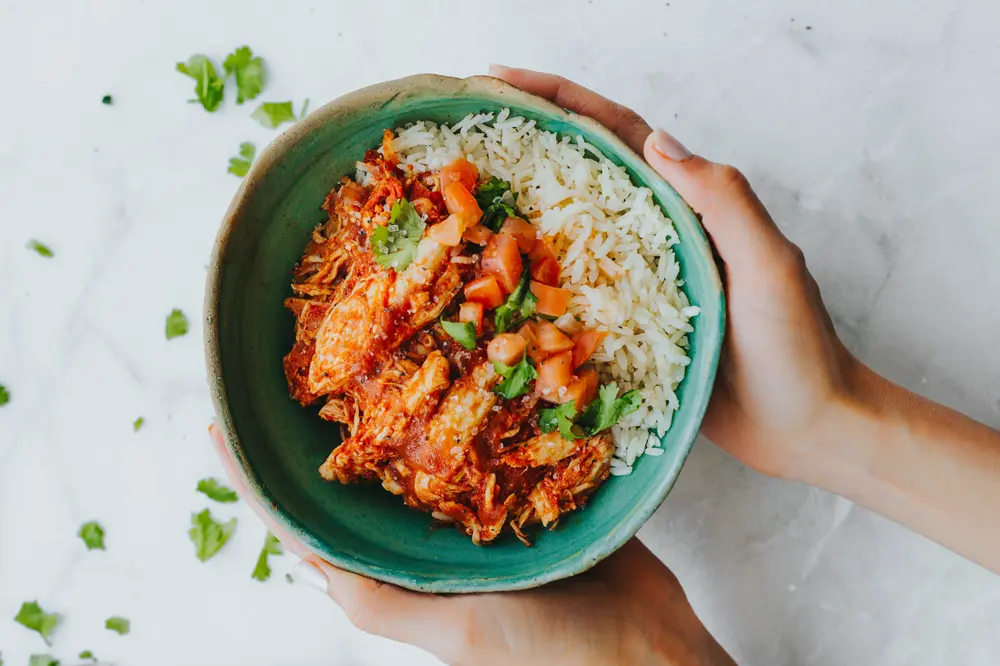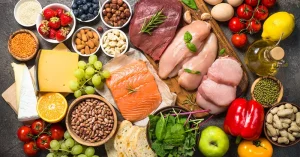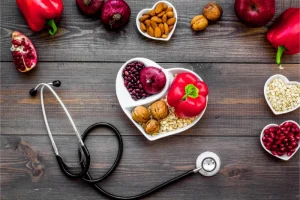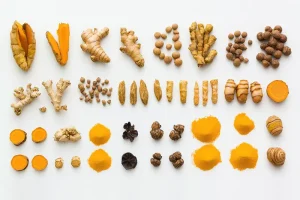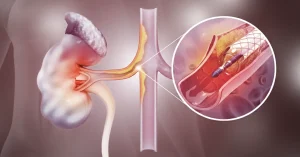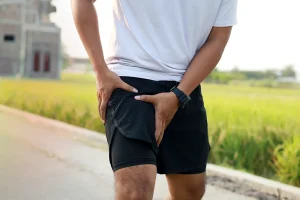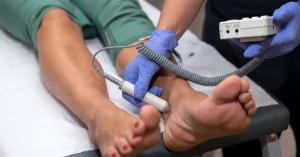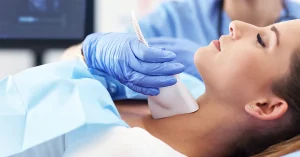Recovery following hemorrhoid treatment or surgery generally lasts from one to six weeks, depending on the treatment method, severity of hemorrhoids, and number removed. Many patients experience a quick recovery with minimal discomfort.
Complete recovery may take anywhere from one to four weeks, which is why following a recommended diet is crucial. Proper nutrition supports healing and helps prevent complications during the recovery phase.
Brief Timeline of Patient Recovery
Most patients notice improvement by the end of the first week, particularly if bowel movements remain soft or slightly loose. Pain may occur if bowel movements are difficult and straining is necessary. Avoiding constipation during recovery is vital, which makes dietary management important. Patients typically return to light activities within one week and resume all normal activities within two to three weeks.
Facing Recovery
Doctors may manage postoperative pain in different ways. Pain relief often involves ibuprofen or other medications, tailored to the patient’s needs. Maintaining soft stools is critical, and a recommended diet helps achieve this. Laxatives may also be prescribed during the first week to prevent straining.
Sitz baths can help alleviate discomfort by soaking the rectal area in a few centimeters of warm water or specially prepared herbal teas. Performing this simple routine several times a day can provide significant relief. These measures support a smoother, less painful recovery process.
Diet After Hemorrhoid Surgery
Dietary guidelines are designed to prevent pain and complications. A high-fiber diet softens stools, while adequate water intake maintains bowel regularity. Patients are advised to drink at least 8 cups, or 2 liters, of fluids per day. Any changes in stool consistency should be discussed with your doctor to adjust the diet as needed.
Returning to Daily Activities
Discomfort can occur when bending, squatting, lifting, or transitioning from standing to sitting. Minimize activities that cause pain during the initial recovery days. Both pre- and post-operative diets are important for healing and preventing complications. Although diet may not always cause hemorrhoids, nutritional habits significantly influence their progression or recurrence.
Recommended Diet for Hemorrhoid Management
Nutrition directly affects the development and treatment of hemorrhoids. Processed foods can increase blood flow to the pelvic region, stretching vein walls and contributing to hemorrhoid formation. Alcohol, smoked or pickled products, canned foods, and spicy seasonings should be limited. Chronic constipation, often caused by poor nutrition, is a major factor in hemorrhoid development.
Key principles of a proper diet include:
- Consuming sufficient fluids
- Adequate fiber intake
- Eating small, frequent meals
- Thoroughly chewing food
- Allowing sufficient time for meals
Modern lifestyles often lead to fast-food consumption and inadequate water intake. High caffeine teas, coffee, and sugary carbonated beverages can negatively affect intestinal function. These habits frequently result in constipation, irritation, and bloating, contributing to hemorrhoid formation.
Hemorrhoid Diet Guidelines
Hemorrhoids require a structured approach to meals to minimize flare-ups. Patients should eat small portions every 2.5 hours to avoid overloading the stomach. Meals should focus on cereals, fruits, and vegetables. Recommended breakfast cereals include oats, oatmeal, barley, and buckwheat.
Vegetables that support bowel function include cauliflower, carrots, beets, zucchini, broccoli, and cucumbers, which can be eaten raw or boiled. Daily consumption of fruits such as apricots, bananas, prunes, dried apricots, and apples is advised. At least 60 grams of bran from oats, wheat, or rye should be included daily, and it can be added to purees. Meat should only be consumed baked or boiled. Drinking at least 1.5 liters of water daily is essential, ideally starting with a glass of cold water in the morning on an empty stomach. Liquid dairy products enriched with lacto- and bifidobacteria help maintain healthy intestinal flora.
Foods That Help Prevent Hemorrhoids
We recommend incorporating food types into your existing diet that can help prevent the appearance of hemorrhoids. These foods include:
- Whole grains
- Plain water
- Fish
- Nuts
- Vegetables
- Fruits
- Quinoa
- Lentils
- Grilled chicken
- Grilled turkey
Meat should be eaten in moderation, even lean options. Excessive meat consumption can strain the digestive system and increase hemorrhoid risk.
Foods and Drinks to Avoid
Avoid:
- Excessive pizza or red meat
- Highly processed foods
- Alcohol
- Coffee or caffeinated teas
- Spicy foods
- Sauces thickened with flour or starch
Constipation or diarrhea may worsen hemorrhoids. Morning coffee may trigger bowel movements quickly for some, but it may not suit everyone. Adjust your diet according to how your digestive system reacts.
Diet Following Hemorrhoid Surgery
Post-surgery diet supports recovery, though it cannot prevent recurrence if lifestyle habits remain unchanged. The diet emphasizes:
- Balanced meals supplying necessary vitamins and minerals
- Small, frequent meals (5–6 per day) in small portions
- Mild foods that do not cause gas or diarrhea, which can hinder wound healing
Patients are generally advised to avoid food on the first postoperative day. Gradual introduction of fruits and then vegetables is recommended, avoiding items that may cause bloating.
Why Doctors Recommend a Liquid Diet
A liquid diet does not mean consuming only liquids; it ensures bowel movements remain smooth and natural. It can be prescribed before surgery or for conditions affecting digestion. The diet includes clear liquids and foods that can easily convert to liquids at room temperature, easing digestive strain. Examples include apple or cranberry juice and broth.
A liquid diet is typically low in calories and does not supply all essential nutrients, so it is recommended only for short periods.
Importance of a Liquid Diet
Liquid diets reduce risk for patients who struggle to digest solid foods. They prevent constipation and reduce complications like intestinal blockages. Surgeons may allow purees or yogurt alongside liquids. Always follow your doctor’s instructions before and after surgery.
Liquid Diet After Surgery
Post-surgery liquids include:
- Fruit and vegetable juice (without pulp)
- Electrolyte or sports drinks
- Herbal teas
- Milk or milk alternatives (soy, almond)
- Milkshakes, malt drinks, purees
- Cream soups
- Honey
Foods to avoid before and after surgery include:
- Meat unless pureed, thinly sliced, or strained, including tofu and substitutes
- Nuts and seeds
- Raw fruits and vegetables
- Hard cheeses
- Soups or stews with noodles, meat, or vegetables
- Bread
- Whole grain pasta or rice
- Chips, crackers, pretzels, popcorn
- Muffins, cakes, pastries, baked goods
- Processed candies or sweets
Health is our most valuable asset, and a balanced diet after hemorrhoid surgery combined with an active lifestyle supports well-being. The VenArt Clinic team consists of nationally and internationally recognized surgeons who deliver high-quality care using advanced facilities and equipment. Since 2013, over 12,000 patients have been successfully treated at VenArt Clinic. Schedule a consultation with us today and see how we can help.

